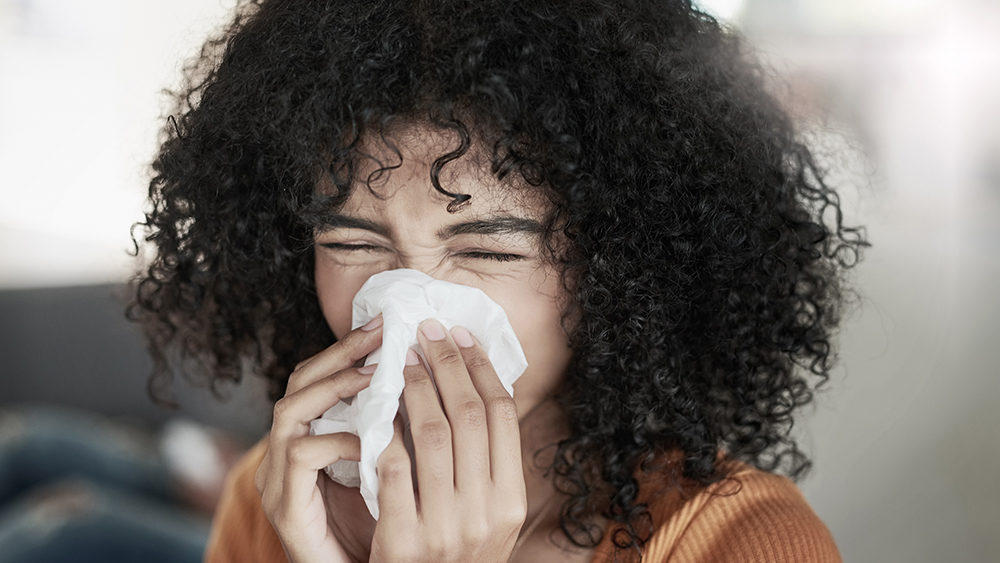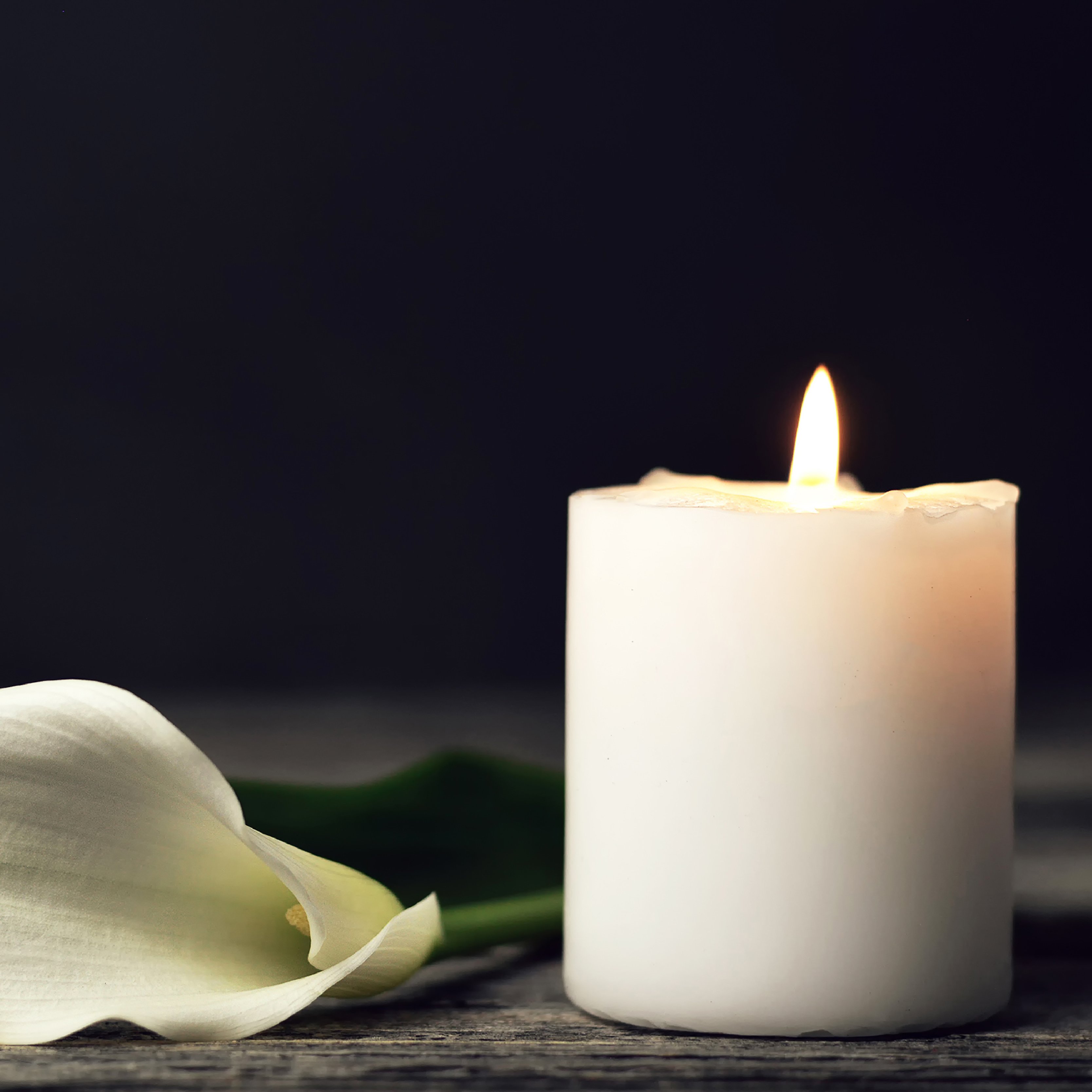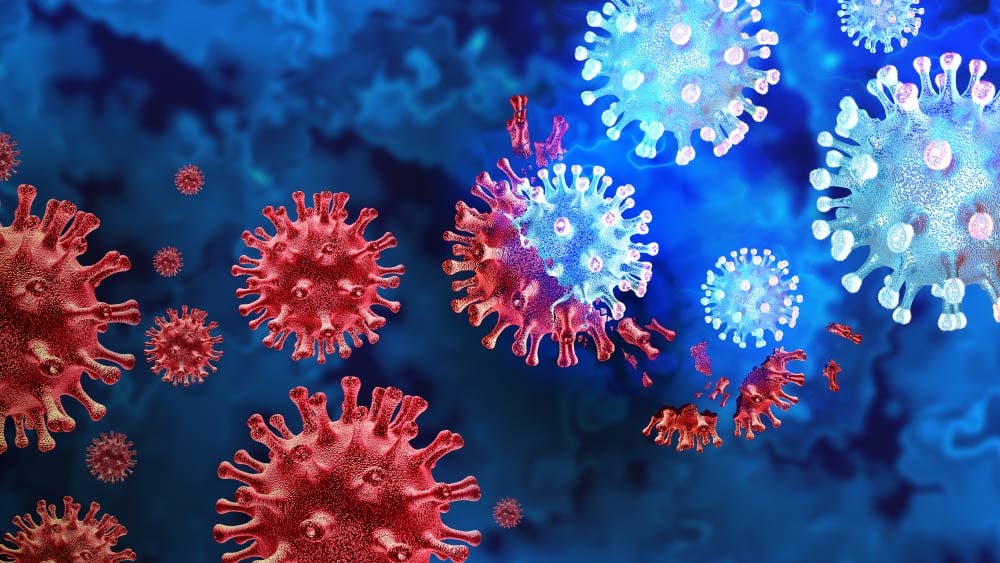How to Get Vaccinated
Today, most Americans ages 6 months and older are eligible to receive the COVID-19 vaccine. This includes people who are pregnant, have allergies, or are immunocompromised.
We now offer vaccines for people ages 6 months and older at many locations throughout our community - both as a primary series and as a booster.
Our patients can also get the vaccine at nearly all of our employed doctor's offices, including Rochester Regional Health Pediatrics, Primary Care, OBGYN and Allergy, Immunology and Rheumatology locations.
When any updated COVID vaccine recommendations are released, check to see if you are affected based on your age, when you received your last shot, or any relevant health conditions.
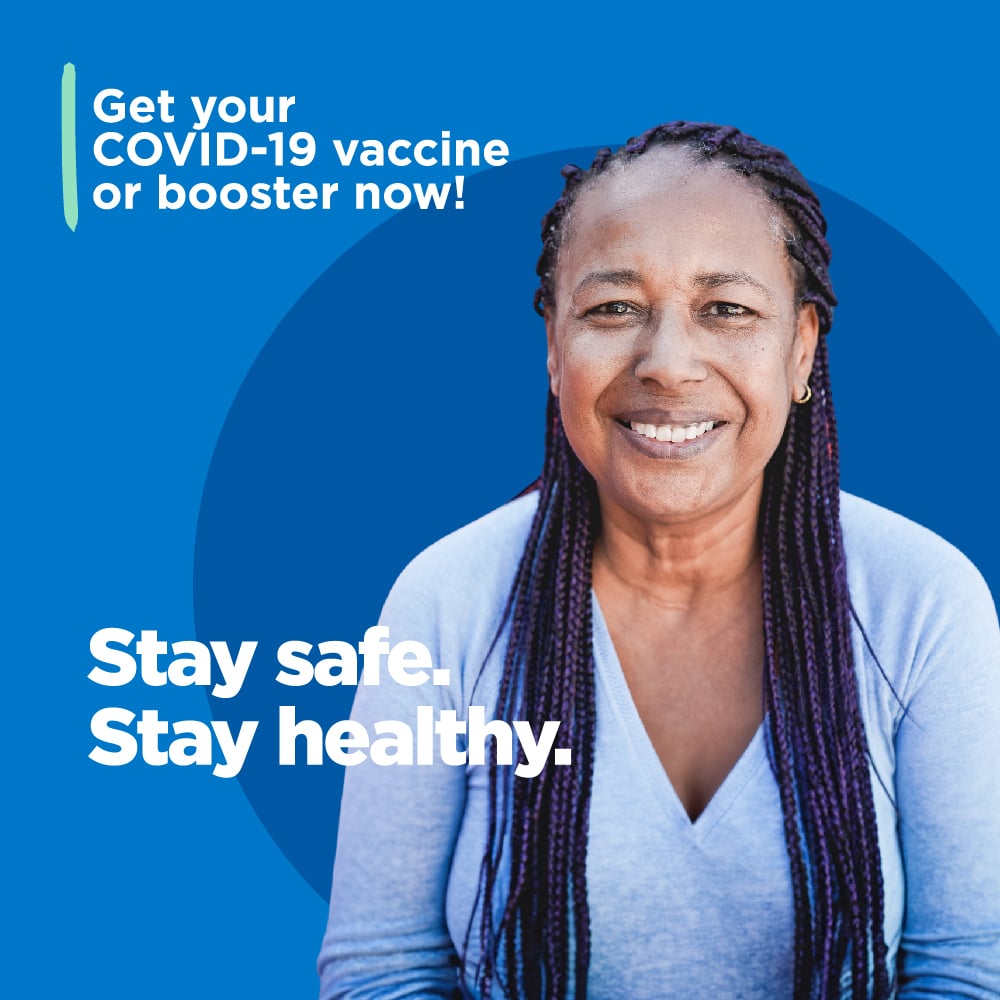
Common Questions About COVID-19
General Questions
Get the latest information on the vaccines available for COVID-19, including how the vaccines were created, who should get them, safety and side effects below.
You can get evaluated for a test at select Rochester Regional Health Urgent Care locations. Our Urgent Care locations accept walk-in evaluations and will test if deemed necessary by an on-site healthcare provider based on the testing criteria.
Both viruses cause respiratory illnesses, can cause a fever, cough, body aches, fatigue and sometimes vomiting and diarrhea, and both can result in pneumonia. But there are many differences, like transmission, medication, and treatment options.
Stay protected against COVID-19 by getting vaccinated. If you are not yet vaccinated, continue to:
- washing your hands regularly with soap and water or an alcohol-based hand sanitizer for 20 seconds
- avoid crowds if you are sick
- wear a mask to cover your mouth and nose when you are sick and in public
Research suggests pregnant people with COVID-19 are more likely to have preeclampsia, preterm birth, and stillbirth compared to pregnant people without a COVID-19 infection.
Vaccine Questions
The FDA has approved and authorized updated COVID-19 vaccines (2025-2026 formula) to enhance protection against circulating variants.
FDA-Approved Vaccines:
- Comirnaty (2025-2026 Formula)
- Spikevax (2025-2026 Formula)
- Nuvaxovid (2025-2026 Formula)
The COVID-19 virus evolves over time, leading to new variants that may partially evade immunity from previous infections or vaccinations. Updated COVID-19 vaccines are formulated to target these current variants, enhancing protection against infection and severe disease. Receiving the latest vaccine ensures your immune system is better equipped to recognize and combat the most prevalent strains, reducing the risk of illness and transmission.
Yes, the CDC recommends COVID-19 vaccination for everyone aged 6 months and older, including those who are pregnant, breastfeeding, or planning to become pregnant. Vaccination during pregnancy is safe and effective, offering protection against severe illness for both the mother and baby. If you have concerns, consult your healthcare provider for personalized advice.
COVID-19 symptoms may appear in as few as two days or as long as 14 days after exposure to the virus. The virus may cause respiratory symptoms such as:
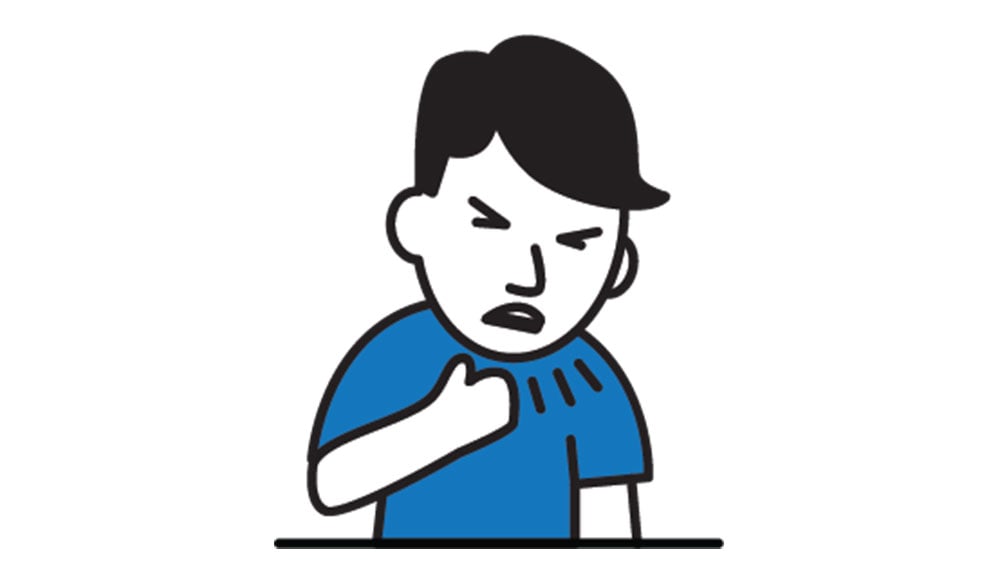 Coughing
Coughing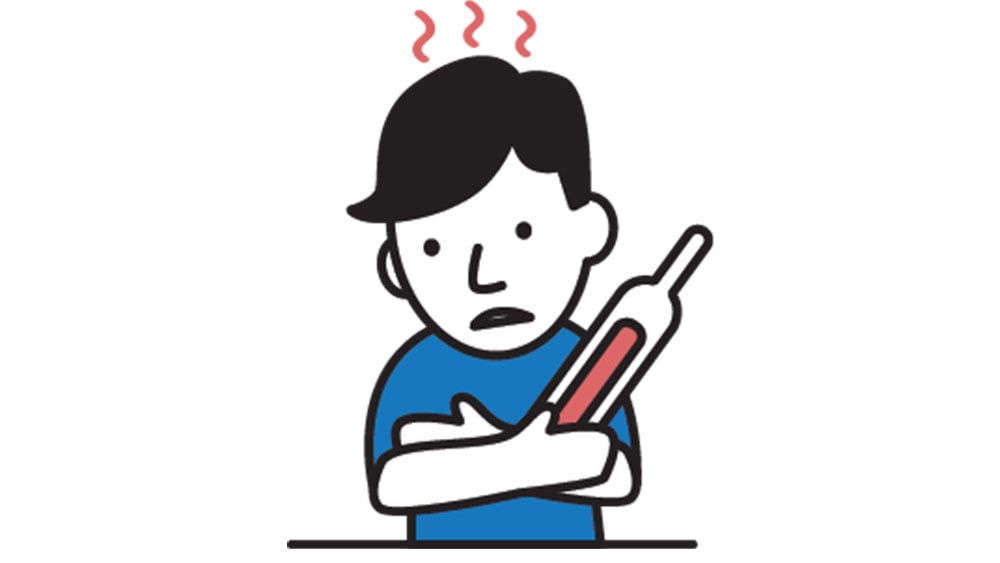 High Fever
High Fever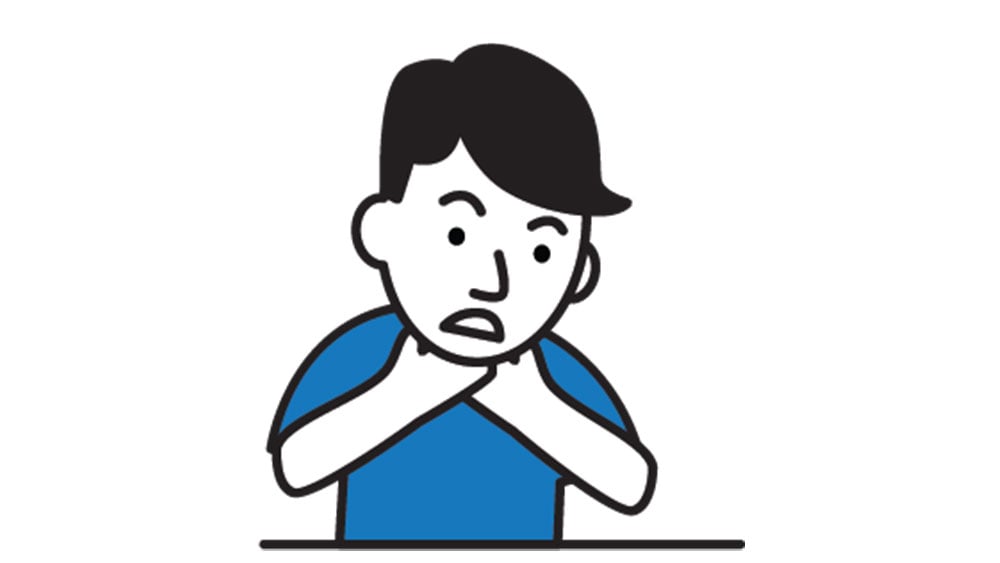 Breathing problems
Breathing problems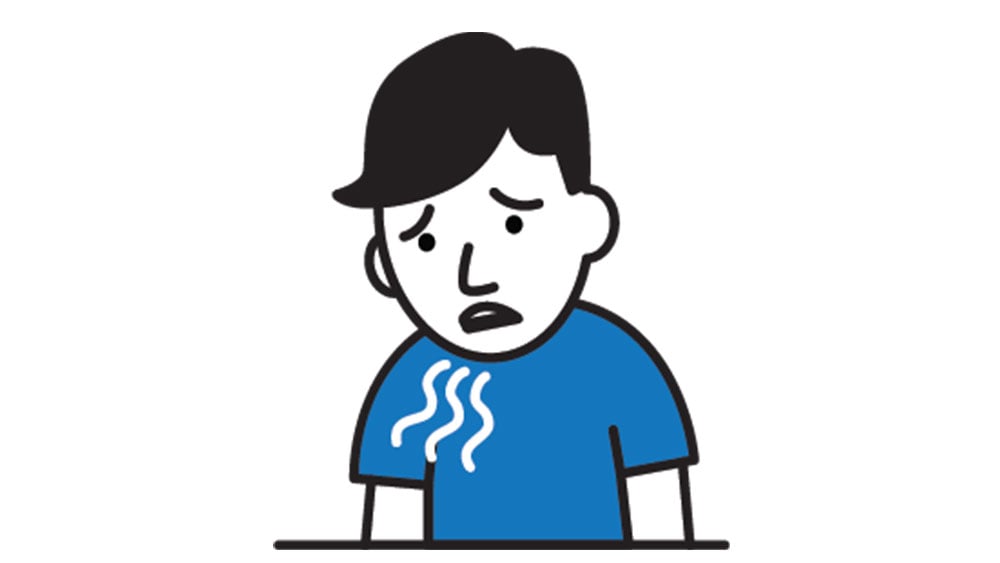 Shortness of breath
Shortness of breath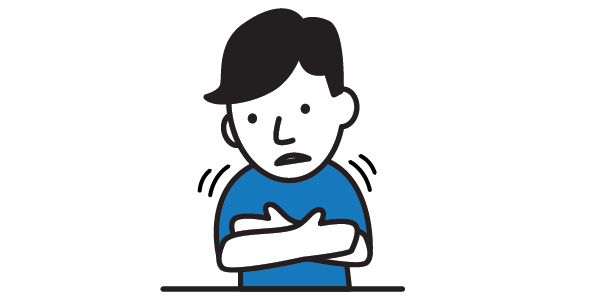 Chills
Chills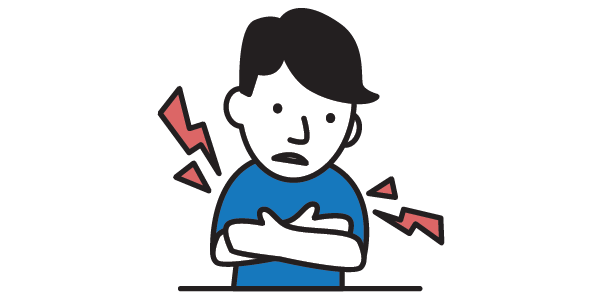 Muscle Pain
Muscle Pain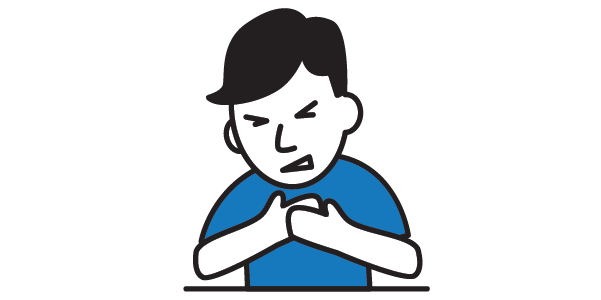 Sore Throat
Sore Throat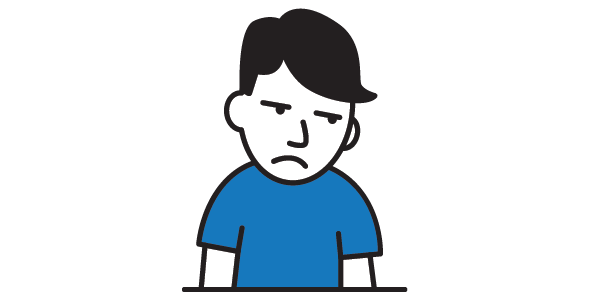 New loss of taste or smell
New loss of taste or smell
Flu, Cold & COVID-19: What’s the difference?
All three of these illnesses caused by respiratory viruses share similar symptoms such as stuffy nose, sore throat, and fatigue. It’s not uncommon to mistake one for the others. But getting a COVID-19 test as a precaution is always a safe first step to take.
(100-102 F)can last 3-4 days



